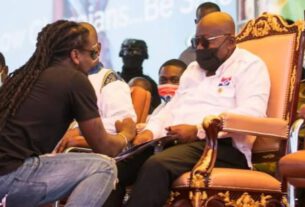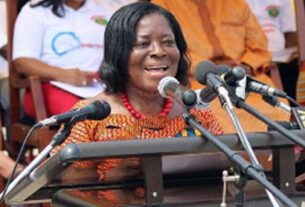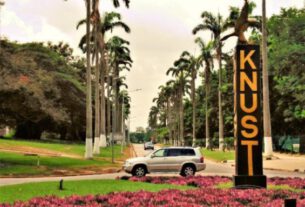The National Democratic Congress (NDC) flagbearer, John Dramani Mahama, has outlined his vision for a ’24-hour economy’ policy, which he believes will help reverse the alarming trend of Ghana’s youth risking their lives in perilous journeys across the Sahara and the Mediterranean to reach Europe in search of better opportunities.
Mahama’s 24-hour economy plan stands as the centerpiece of his 2024 re-election campaign, aiming to stimulate economic growth and job creation.
Addressing the 50th Sunyani Catholic Diocese Celebration, Mahama expressed his unwavering determination to implement the policy, driven by the increasingly dire situation arising from the lack of employment opportunities for Ghana’s vibrant youth.
“Our youth are growing increasingly frustrated with the lack of jobs and are losing faith in the future of our country,” Mahama stated.
“Ghanaian youth are voicing their disillusionment by risking their lives in dangerous migrations across the Sahara and the Mediterranean to enter Europe. We can reverse this trend by strengthening our economy and creating more jobs for our young people. This is an urgent call to action.”
The government has acknowledged Mahama’s proposal for a 24-hour economy, with the Finance Minister, Ken Ofori-Atta incorporating it into the 2024 budget under the moniker ‘night economy.’
Mahama explained that his vision for a 24-hour economy extends beyond a mere night economy focused on boosting tourism.
He envisions an economy where all business sectors operate a three-shift system around the clock, all days of the week, within a secure and safe environment.
“My 24-hour economy concept goes beyond just a night economy to boost tourism,” Mahama emphasized.
“I envision an economy where all business sectors will operate a three-shift system 24 hours a day, seven days a week, in an atmosphere of safety and security.”
“This 24-hour economy will be voluntary, not imposed. Businesses will be incentivized to participate by enjoying tax breaks and lower electricity tariffs for operating during off-peak hours. Special meters employ what is known as ‘Time of Use’ (TOU) tariffs to provide cheaper power to such businesses.”




